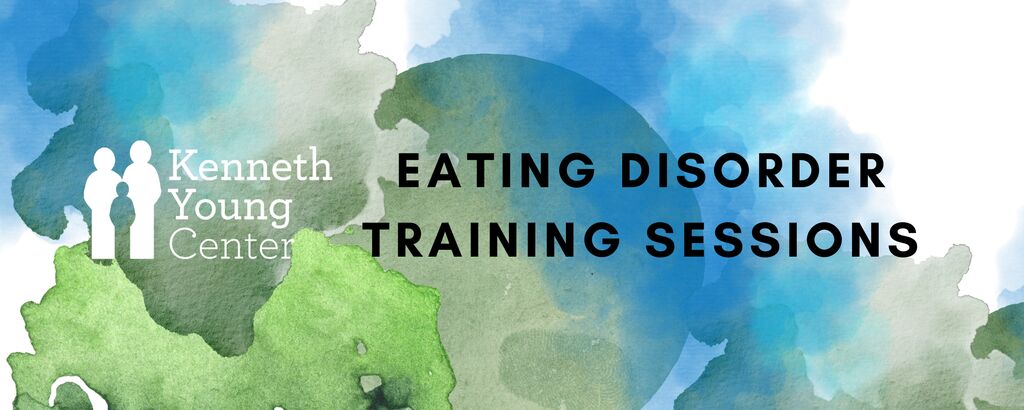
Friday, February 2, 2024
Eating Disorder Training Sessions
Mental health professionals are invited to join us for Eating Disorder Assessment in BIPOC and LGBTQIA+ Communities training with Ashley Moser, LMFT, CEDS on February 2nd.
Description: It is estimated that over 28 million Americans will experience an eating disorder in their lifetime. Eating disorders impact people regardless of race, gender, body size, age, sexual orientation, religion, or ability. This presentation will provide information about the different eating disorders diagnoses, including signs and symptoms specific to BIPOC and LGBTQ+ populations. Risk factors for the development and maintenance of eating disorders, including systemic influences will be explored. Lastly, we will discuss assessing for the appropriate level of care and how to refer.
Objectives
1. Identify 4 common types of eating disorders
2. Define body image
3. Identify 3 circumstances in which to step a patient into a higher level of care
Event Details Session B
2 CEUs pending for IAODAPCA & CBHA
Date: February 2nd, 2024
Time: 9AM — 11AM
Location: Virtual
RSVP BY FEBRUARY 1st: Mental Health Professionals and KYC staff are welcome to join. Please click here to register by emailing Brenda. Please include your licensure/credentials in your email to assist with processing CEUs.
Cost: $25 (KYC Staff can attend at no cost). No cost for non-KYC staff for those seeking to attend without receiving CEUs.
Speaker: Ashley Moser, LMFT, CEDS
About the Speaker: Ashley Moser, LMFT, CEDS
Ashley is a North Carolina Licensed Marriage and Family Therapist, Illinois Licensed Marriage and Family Therapist, South Carolina Licensed Marriage and Family Therapist, and Certified Eating Disorder Specialist. Ashley received a Bachelor of Liberal Arts in Psychology from the University of Illinois at Urbana-Champaign and a Masters of Science in Marital and Family Therapy at Northwestern University. Currently the owner and a therapist at Next Steps Counseling and Consulting, Ashley’s experience spans 16 years facilitating therapeutic services and supporting clients and clinicians alike.
Event Flyer


